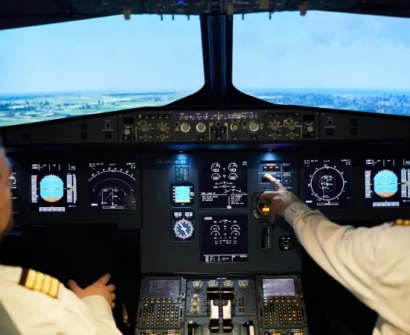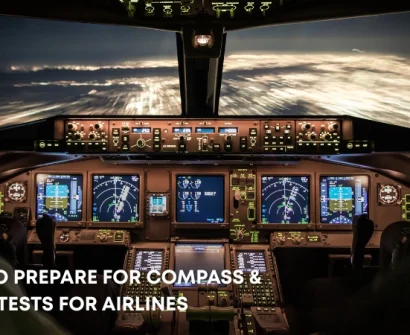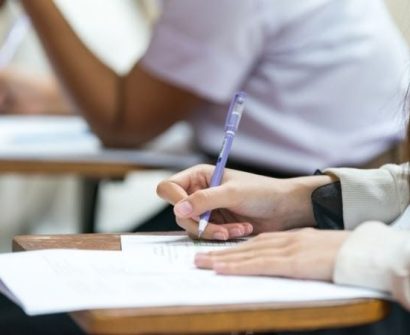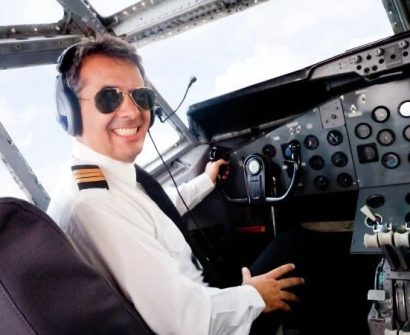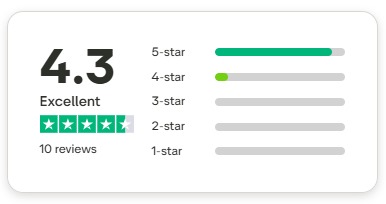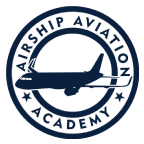Currently Empty: ₹0.00

Becoming a pilot is a highly esteemed career. It requires rigorous training and thorough knowledge of the aviation industry and its principles. In India, the Directorate General of Civil Aviation (DGCA) is the governing body responsible for civil aviation and its regulatory body. Aspiring pilots must pass DGCA exams to obtain their licences, and one of the most effective ways to prepare for these exams is by studying question papers from previous years. This article explores the significance of the dgca previous year question papers, their importance, tips for clearing the DGCA exam, and the syllabus, along with the role of Ground Classes for DGCA Exams in effective preparation.
Previous Year’s Question Papers
DGCA’s previous year’s question papers are an invaluable resource for exam preparation. These papers clearly understand the exam format, the types of questions asked, and the difficulty level. By reviewing past papers, candidates can identify key topics and frequently asked questions, enabling them to focus their study efforts more effectively and aptly.
Tips to Clear DGCA Exam
- Create and adhere to a consistent study plan covering all subjects. Study regularly to get the desired results.
- Enrol in a reputable DGCA ground school for structured learning and expert guidance.
- Regularly solve previous years’ question papers to get familiar with the exam format.
- Take mock tests to assess your preparation and improve your time management skills.
- Seek help from instructors or study groups to clarify any doubts.
- Use recommended textbooks, online resources, and notes from ground classes.
- Stay updated on any changes in DGCA regulations or exam patterns.
Importance of Practice Question Papers
Practising with previous years’ question papers is crucial for these reasons:
- It helps the candidate understand and become familiar with the exam pattern. It gives the knowledge of the structure and format of the exam.
- It helps in developing the skill of managing time effectively during the exam.
- Highlights areas where candidates need further study and improvement.
- Regular practice builds confidence and reduces exam anxiety.
- Enhances the ability to answer questions correctly under exam conditions.
Syllabus of DGCA Exam
The Directorate General of Civil Aviation (DGCA) in India conducts exams for various aviation-related certifications, including the Commercial Pilot License (CPL) and Airline Transport Pilot License (ATPL). The syllabus for the DGCA exams typically includes the following subjects:
Air Navigation
Air Navigation involves understanding how to navigate aircraft using various methods and instruments. It includes general navigation techniques, radio navigation aids, and instruments like the compass, altimeter, and GPS. Pilots must learn flight planning, map reading, and calculating courses and distances. The subject also covers navigation in different weather conditions and how to handle deviations. Mastery of air navigation ensures safe and efficient route planning and execution during flights.
Aviation Meteorology
Meteorology focuses on understanding weather phenomena and their impact on aviation. Pilots study atmospheric conditions, weather patterns, and climatology to predict weather changes. This includes learning about temperature, pressure systems, fronts, and storms. Meteorology also covers interpreting weather reports and forecasts and understanding weather radar and satellite data. Knowledge in this area helps pilots make informed decisions to ensure safety, avoid turbulence, and manage adverse weather conditions during flights.
Air Regulation
Air Regulation encompasses the rules and laws governing aviation. Pilots must understand international and national aviation regulations, air traffic control procedures, and the responsibilities of various aviation authorities. This subject covers the rules of the air, including flight rules, airspace classification, and communication protocols. It also involves learning about licensing requirements, aircraft registration, and operational guidelines. Proficiency in air regulation ensures pilots operate within legal frameworks and maintain safety and compliance.
Aircraft Technical General
Aircraft General Knowledge covers the technical aspects of aircraft. This includes the airframe, engines (both piston and jet), electrical and electronic systems, and aircraft instruments. Pilots learn about the functioning and maintenance of these components and troubleshoot common issues. Understanding the aircraft’s systems and limitations is crucial for safe operation. This knowledge allows pilots to handle emergencies, perform pre-flight inspections, and ensure the plane is in optimal condition for flight.
Flight Performance and Planning
Flight Performance and Planning involves planning and executing flights efficiently and safely. Pilots learn to calculate mass and balance (weight and balance), fuel requirements, and aircraft performance metrics like takeoff and landing distances. The subject covers flight planning techniques, including route selection and alternate planning. It also emphasises monitoring in-flight performance to ensure optimal fuel consumption and adherence to planned routes. Effective flight performance and planning are essential for successful flight operations.
Human Performance and Limitations
Human Performance and Limitations examines the physical and psychological factors affecting pilots. This subject covers human anatomy and physiology and the effects of altitude, fatigue, and stress on performance. Pilots learn about decision-making processes, situational awareness, and the importance of teamwork and communication. Understanding these factors helps manage workload, prevent errors, and maintain overall well-being. This knowledge is crucial for ensuring safe and efficient flight operations and addressing potential human factors in aviation accidents.
FAQs
Q1. Where can I find DGCA’s question papers from the previous year?
DGCA’s previous year’s question papers can be found through aviation training institutes, online forums, and educational websites.
Q2. How do previous year’s question papers help in exam preparation?
They help candidates understand the exam pattern, improve time management, identify weak areas, and build confidence.
Q3. Are previous year’s question papers enough to clear the DGCA exam?
While they are a valuable resource, they should be supplemented with comprehensive study materials, ground classes, and regular practice.
Q4. What is the best way to use the previous year’s question papers for preparation?
Solve them under timed conditions, review your answers, and focus on improving weak areas identified during practice.
Q5. How often should I practise with the previous year’s question papers?
Regular practice is recommended, ideally weekly, to continuously assess and improve your preparation. However, there’s no set time for question preparation.
Q6. Can I find the solved DGCA’s question papers from previous years?
Some resources and training institutes provide solved papers with explanations to aid understanding.
Conclusion
DGCA’s previous year question papers are a vital tool for aspiring pilots preparing for their licensing exams. By understanding the exam pattern, improving time management, and identifying areas for improvement, these papers play a crucial role in successful exam preparation. Our DGCA Ground Classes coupled with a structured study plan, quality study materials, and consistent practice, candidates can confidently approach the DGCA exams and move closer to achieving their dreams of becoming pilots.
Among all these, the Airship Aviation Academy could be your one stop assistance. It can help you with all the study material and provide you with elite ground coaching. It has a smooth website interface to assist its students with other queries so, you can contact us now.

